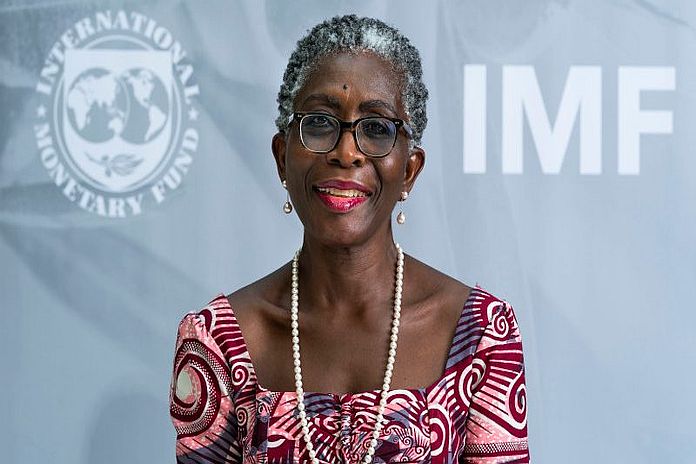By Antoinette M. Sayeh
Africa is home to a large share of the world’s natural resources which are mostly extracted by multinational enterprises. While governments in sub-Saharan African countries need to attract foreign direct investment, it is also key that they capture a fair share of the mining of their resources to support their revenue mobilization efforts.
How to harness the economic potential of the region’s natural resources to fund economic development and raise living standards is an issue that has been on the mind of many in sub-Saharan Africa for quite some time. It is even more pressing today when fiscal space to foster the recovery is lacking in many countries. At the same time, there are increasing concerns that tax competition among countries and aggressive tax optimization by multinationals result in lower revenue for SSA countries.
Today’s discussion will focus in particular on the role of mining in sub-Saharan Africa, its contribution to tax revenues, how tax optimization practices could be undermining countries’ much-needed revenue mobilization efforts, and how countries in the region can ensure that multinational enterprises pay greater corporate taxes on mining profits where the mines are.
It is also worth noting that international corporate taxation is a worldwide concern, which has led to significant changes recently. The Inclusive Framework member countries announced reforms to restore some balance to global taxing rights, including a move to a global minimum effective corporate tax rate of 15 percent for large multinationals with turnover exceeding 750 million Euros.
A minimum tax is something the Fund has long supported. That agreement is part of the backdrop to our discussion on mining today. As far as sub-Saharan Africa is concerned, many -including African Union leaders themselves – have noted the paradox that the region’s mineral wealth exists side-by-side with pervasive poverty.
So, what’s going on? A significant part of the answer is that we are seeing a pattern of international profit shifting by multinationals, driven by differentials in corporate tax rates in producing countries relative to tax rates abroad.
A recently published IMF departmental paper estimated that mining profits in sub-Saharan Africa are notably more vulnerable to profit shifting relative to other sectors of the economy. The paper also estimated a sizeable fiscal cost to the region of tax avoidance in mining of between $450 and $730 million per year in lost corporate tax revenue.
Many sub-Saharan African countries have tax legislation that is not sufficiently equipped to deal with these practices as they have evolved over time.
The use of related-party transactions is a key issue raised in the departmental paper, as is the pattern of inbound foreign direct investment which is often channeled through low-tax jurisdictions, leaving resource-intensive countries vulnerable to profits being booked abroad. Profits outside the region mean less revenue within it.
The paper recommends strategies to address these risks and close loopholes, including through strengthening and simplifying transfer pricing regulations that apply to intra-company transactions in the mining sector, and introducing effective rules to limit interest deductions. IMF researchers have observed that for those countries with interest limitation rules, the magnitude of international profit shifting is halved.
But there is also another part of the answer to why resource revenues have disappointed many. Project-by-project deal-making on fiscal terms is common across Sub-Saharan Africa. Competition for resource investments is spurring tax competition, particularly in the form of corporate tax rate cuts, exemptions, and tax holidays. As we know, with this kind of competition, there are spillovers to other countries that feel compelled to compete in the same way. The result is that all countries lose.
Fortunately, there is reason to be optimistic on these pressures for tax competition. With the recent Inclusive Framework announcement, our assessment is that the global minimum corporate tax should lessen pressures for tax competition. It’s a reason to be optimistic that collective action can rise to meet the challenges we face.
So, I am very pleased to introduce the panel today, with experts who are all able to talk with great authority on these issues.
First, joining me to provide a perspective from the region are minister Shiimi of Namibia and minister Kabore of Burkina Faso, who are at the front line in witnessing the challenges, but who have also each had some success in ensuring that more taxes from multinationals are paid locally.
And second, are Tom Butler, the former head of the International Council on Mining and Metals, to provide a business perspective on these issues and Professor Leonce Ndikumana, to share their perspectives and insights from the perspective of resource investors into the region and from civil society.






